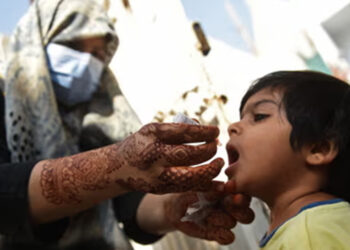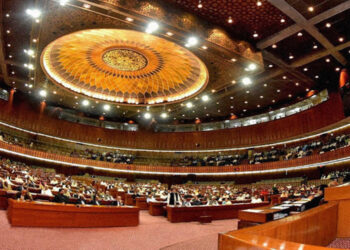How Ramadan not only connects us on a spiritual basis but this month comes with a lot of health benefits.
Fasting is an important part if you are keen to benefit from it, however, people with any health conditions including diabetes, or who are pregnant or breastfeeding, should seek medical consultation first.
So what happens to your body when you fast in Ramadan? Let’s find out:
Phase 1
During the initial couple of days of fasting, both, your blood sugar level and blood pressure drop significantly.
Your body starts the cleansing process and for that, you may experience bit withdrawal symptoms such as mild headaches, dizziness, nausea, and intense hunger.
Phase 2
Phase 2 comes with the body becoming habituated to the fasting schedule and because of that, the digestive system focuses its energy on cleansing and healing cells, as a result, the body starts to become more active.
Phase 3
By the third phase, energy levels increase gradually, your mind can concentrate better.
Moreover, the healing process becomes a lot more efficient. During this stage, the colon, liver, kidney, lungs, and skin are detoxed by eliminating toxins.
Phase 4
During the last 10 days of fasting in Ramadan i.e. the fourth and final phase, the body becomes used to the fasting process.
At this phase, the organs finish up their healing process, and once all toxins are removed the body can function at its maximum capacity.
Important note
To avail of such benefits within a month, you must try your best to avoid processed food and sugary drinks, for outcome of more effective results.
Whenever you break your fast, try to keep up the water game; try to consume water as much as you can.





































